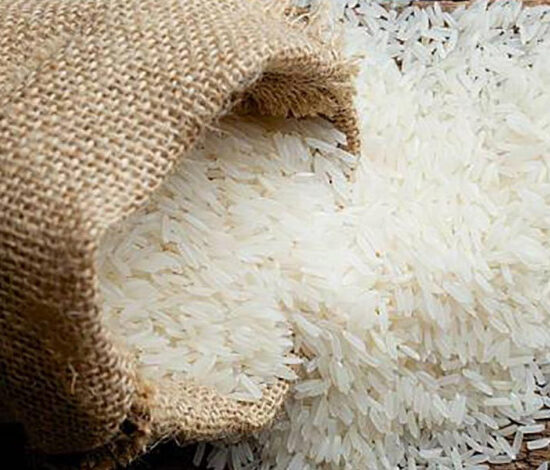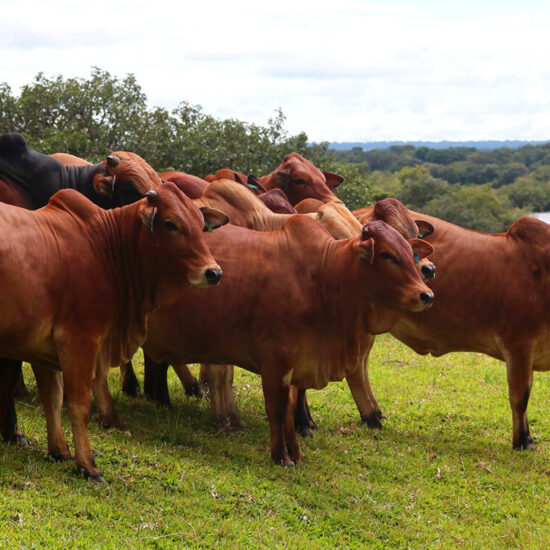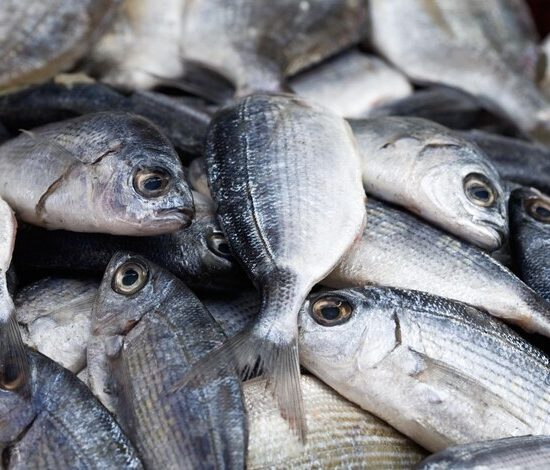
The Crushers and Edible Oil Refiners Association (CEDORA) says despite the association proving that cooking oil is more expensive in countries like South Africa when compared to Zambia; some individuals have refused to accept this fact.
Association Director Aubrey Chibumba said these individuals instead want to import packed refined cooking oil on basis that the locally produced cooking oil is expensive.
Chibumba said this group of individuals has however failed to provide information to CEDORA on how they will be able to import cooking oil from South Africa or anywhere in the region without incurring costs through transportation and payment of taxes and be able to sell it cheaply in the country.
According to information availed to the Zambian Business Times-ZBT, Chibumba said the association believes that the only reason cooking oil prices have gone up is because of the exchange rate that has weakened overtime and this is something that the Bank of Zambia is responsible for.
He said the challenge faced in an election year arises from opportunism that is short term and no real interest in the economic health of the country’s economy adding that unlike traders, the association has committed capital in its processing plants, its people and in the oil seed value chain.
He further said this has seen soya bean cultivation grow from less than 100, 000 MT per year in 2014 to the expected bumper harvest of over 300, 000 MT this year.
He noted that 360, 000 MT of soya bean were produced in 2016 but the poor prices resulted in over 100, 000 small-scale farmers exiting the cultivation of soya beans and the national cultivation dropped to 240, 000 MT per year after that price crush.
He mentioned that this year’s crop from small-scale farmers is expected to exceed the crop from commercial farmers for the first time, which has been made possible because small-scale farmers have noticed that crushers are paying good prices for soya beans.
Chibumba said soya beans is currently trading between K9 and K12 per Kg compared to the last season when the price closed at K5/Kg adding that this is the momentum that is needed to sustain the good soya beans prices currently prevailing on the market.
He said the association has proposed solutions that must be implemented before the 2021/2022 cultivation season which include small-scale farmers having access to the best prices and will work with the Grain Traders, ZNFU, aggregators and other stakeholders to ensure that small scale farmers are not paid below market prices.
Other proposed solutions include structured exports of oil seeds and market access support among other factors.
Chibumba said the country has huge opportunities within the agricultural space such as the oil seed cultivation and processing, a sector which has over 800,000 MT of installed soya bean crushing capacity with 2 new plants under construction which are likely to be operational by the end of the year.







